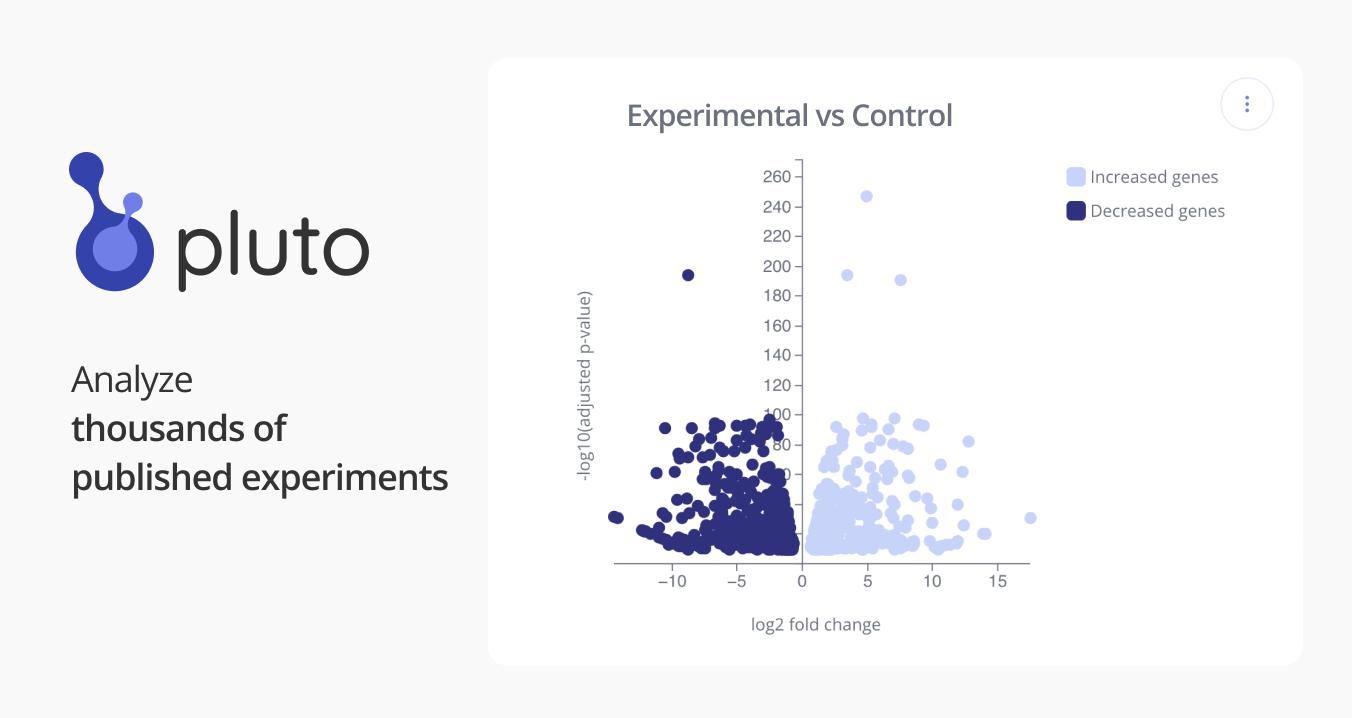Pluto Bioinformatics
GSE113857: PDGFB-expressing MSCs improve human hematopoietic stem cell engraftment in immunodeficient mice
Bulk RNA sequencing
The bone marrow (BM) niche regulates multiple HSC processes. Clinical treatment for hematological malignancies, by HSC transplantation often requires preconditioning total body irradiation, which severely and irreversibly impairs the BM niche and HSC regeneration. Novel strategies to enhance HSC regeneration in irradiated BM are needed. We compared the effects of niche factors EGF, FGF2 and PDGFB on HSC hematopoietic regeneration using human MSCs that were transduced with these factors via lentiviral vectors. Among above niche factors tested, PDGFB-MSCs most significantly improved human hematopoietic cell engraftment in immunodeficient mice. PDGFB-MSC-treated BM more efficiently enhanced transplanted human HSC self-renewal in secondary transplantations from primary recipients. Although PDGFB-MSCs did not directly increase HSC expansion in vitro, GSEA revealed anti-apoptotic signaling being increased in PDGFB-MSCs versus GFP-MSCs. PDGFB-MSCs had enhanced survival and expansion after transplantation, leading to an enlarged humanized niche cell pool. Our study demonstrates the efficacy of MSC-mediated niche factors in clinical HSC transplantation for patients. SOURCE: Caiying Zhu (zhucaiying@ihcams.ac.cn) - Institute of Hematology & Blood Diseases Hospital
